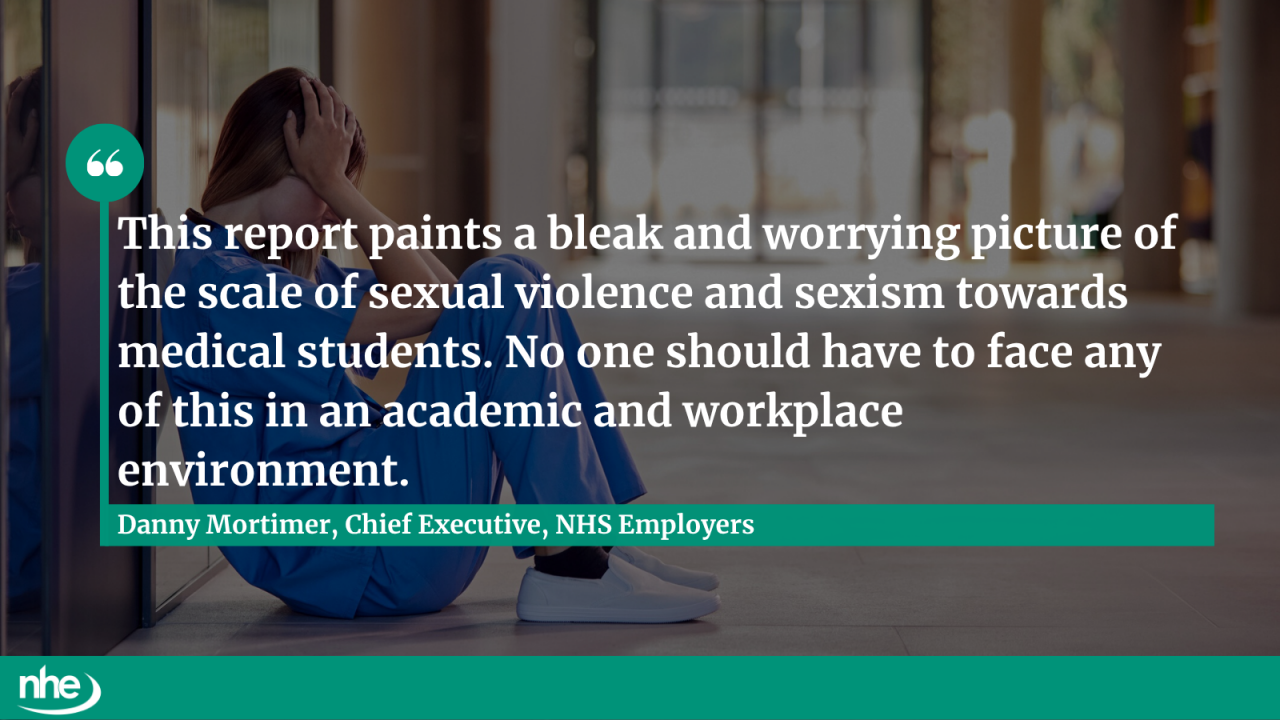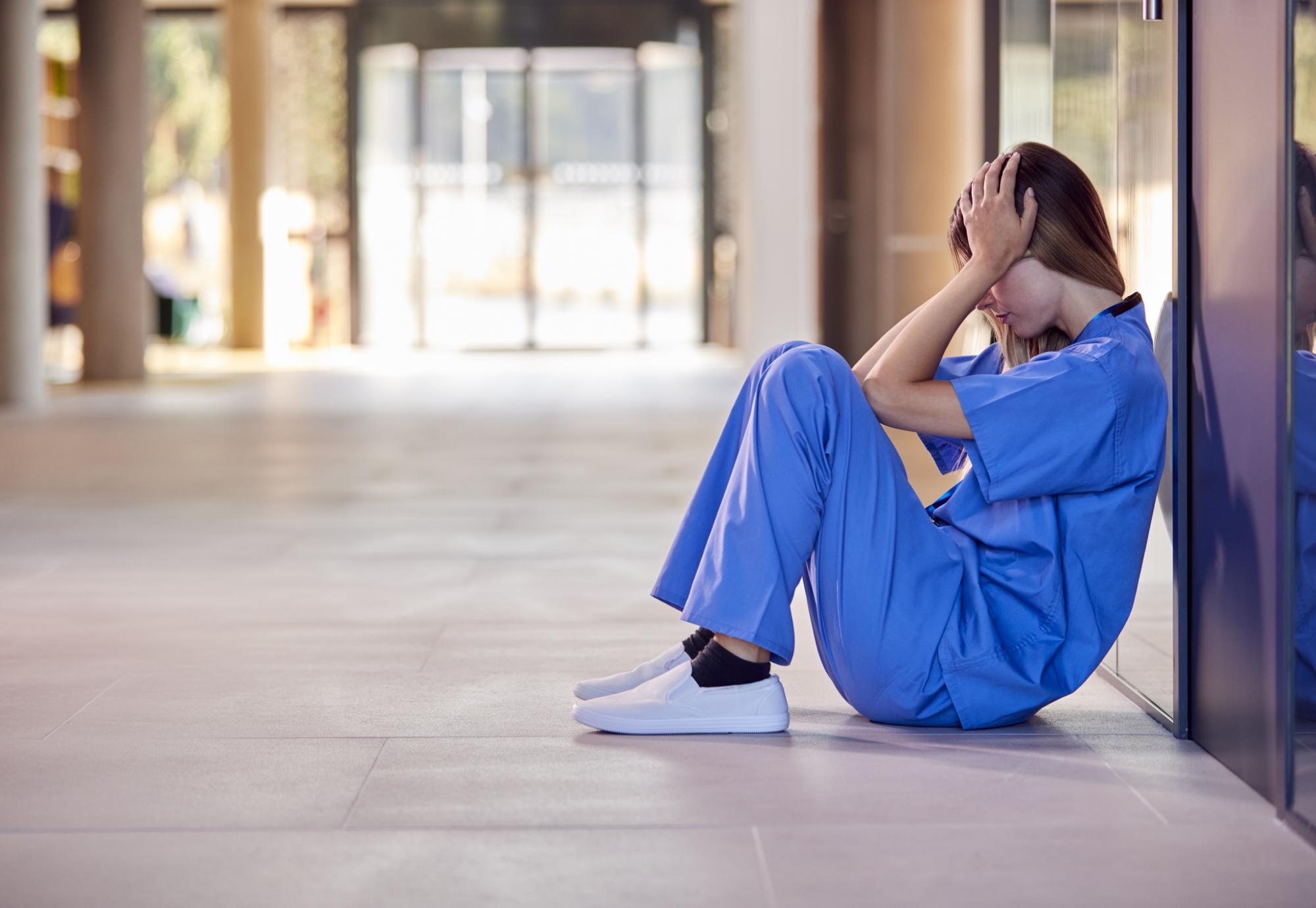Sexism and sexual harassment have become ‘dangerously normalised’ within UK medical education, according to a new report by the British Medical Association.
A survey of 968 medical students uncovered alarming findings:
- 41% of female students and 19% of male students reported experiencing sexual harassment or assault at medical school.
- 20% of female respondents and 6% of male respondents said they had been harassed or assaulted during clinical placements.
- 84% of participants believe sexism is a serious problem in medical education.
The report warns that institutional failures by medical schools and placement providers to tackle harassment and gender-based discrimination are putting students’ wellbeing at risk and undermining trust in the profession.
One student told the survey:
“Our university allowed a repeated predator who sexually assaulted other students back onto the course. The university also encouraged students who were victimised not to go to the police, as it would impact their reputation.”
Other key findings include the fact that 66% of respondents personally experienced sexism at university, including social or extracurricular activities. Alongside this, 67% of those harassed or assaulted chose not to report the incident, and 50% of respondents said sexism and sexual violence had impacted their education.
The BMA is calling for urgent action to address these systemic issues, ensure safe learning environments, and restore confidence in medical education.
In response to the report, NHS Employers’ Chief Executive Danny Mortimer said:
“This report paints a bleak and worrying picture of the scale of sexual violence and sexism towards medical students. No one should have to face any of this in an academic and workplace environment. It is unacceptable that three-quarters of medical students who reported sexual harassment or sexual assault were left unsatisfied with the outcome.
“The BMA have provided vital leadership in highlighting these issues across medical education on behalf of their members. The NHS will work with our university colleagues to ensure we better protect and support medical students, drawing on the work we are already doing with our trade union colleagues and the commitment of the government to set clear standards for staff experience.”

Image credit: iStock



















